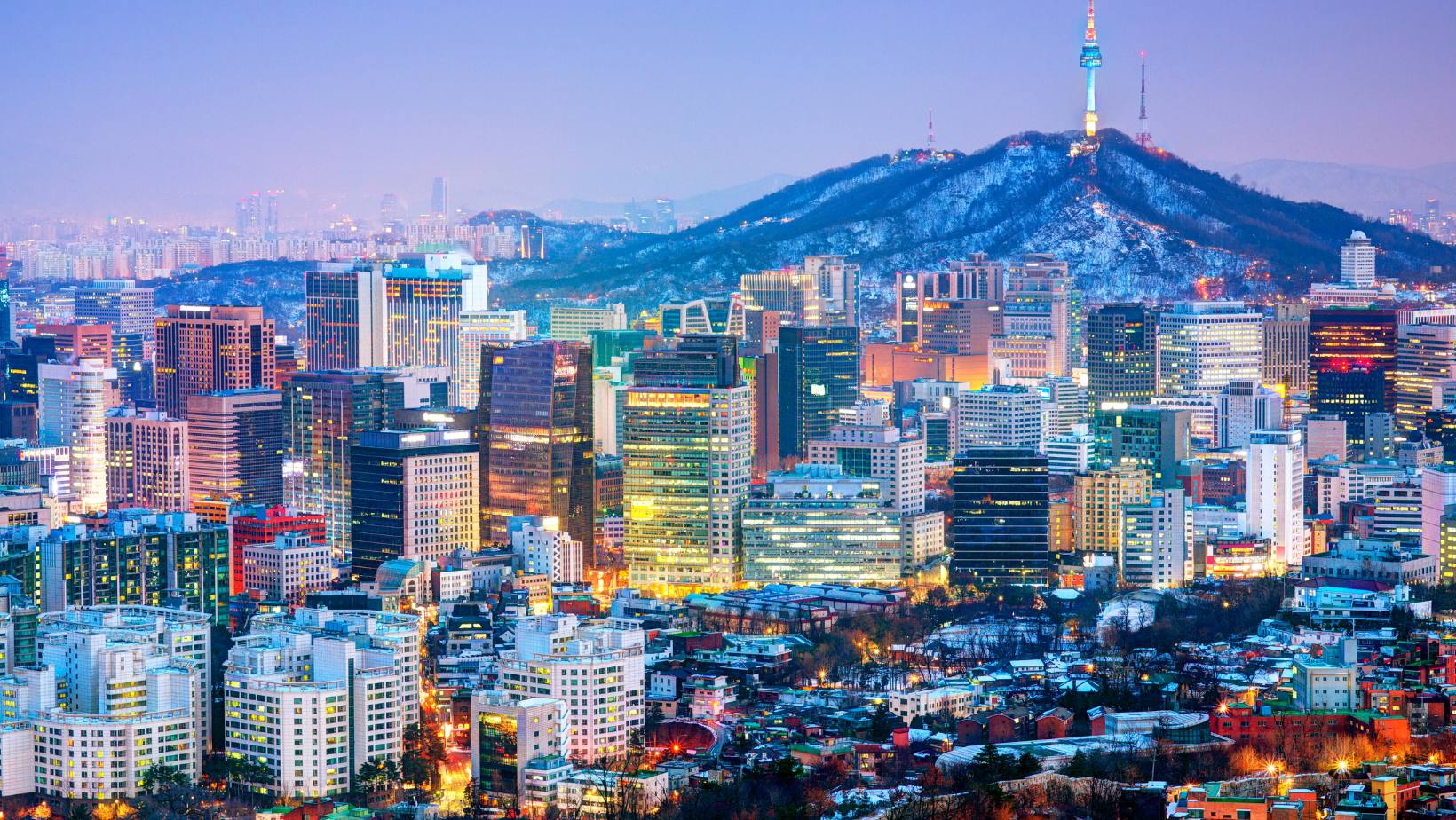Every August 15, South Korea celebrates National Liberation Day, known locally as “Gwangbokjeol,” which translates to “bringing back the light.” This significant national holiday commemorates Korea’s liberation from Japanese colonial rule in 1945, marking a pivotal moment in the country’s history and its journey towards independence and self-determination.
The Historical Context
To understand the importance of National Liberation Day, we must look back at one of the most challenging periods in Korean history:
- Early 20th Century: Korea becomes a colony of Japan
- 1910-1945: Period of Japanese colonial rule
- March 1, 1919: A significant uprising against Japanese rule occurs, though independence is not achieved for another 26 years
- August 15, 1945: Korea is liberated from Japanese occupation following Japan’s surrender in World War II
- August 15, 1948: The Republic of Korea (South Korea) is officially established
During the colonial period, Koreans faced severe oppression, including forced adoption of Japanese names and conscription into the Japanese military. Despite this, many Koreans bravely resisted, often at great personal cost.
The Significance of August 15
National Liberation Day holds profound importance for several reasons:
- End of Colonial Rule: It marks the end of 35 years of Japanese domination and the restoration of Korean sovereignty.
- National Pride: The day symbolizes the resilience and determination of the Korean people in their struggle for freedom.
- Shared Heritage: It’s one of the few national holidays celebrated by both South and North Korea, underlining a shared historical experience.
- Reflection: It provides an opportunity for Koreans to reflect on their past and consider their future as a nation.
Celebrations and Observances
National Liberation Day is marked by various ceremonies and events across South Korea:
1. Official Ceremony
The President of South Korea attends an official ceremony, typically held at the Independence Hall of Korea in Cheonan or the Sejong Center for the Performing Arts in Seoul. The “Gwangbokjeol song” is sung at these ceremonies.
2. Flag Raising
Many South Koreans display the national flag, Taegukgi, outside their homes and businesses.
3. Cultural Events
Festivals, parades, and cultural performances are organized nationwide to celebrate Korean culture and history.
4. Educational Programs
Schools and cultural institutions often hold special programs to educate younger generations about the significance of the day.
Remembering the Past, Looking to the Future
While National Liberation Day is a time of celebration, it also serves as a moment for reflection. The holiday prompts discussions about:
- The impact of colonial history on modern Korean society
- Ongoing efforts for complete reconciliation between Japan and Korea
- The division between North and South Korea and hopes for reunification
Global Perspective
National Liberation Day of Korea is part of a broader pattern of independence days celebrated by former colonies worldwide. It shares its date with India’s Independence Day, highlighting the global shifts that occurred in the aftermath of World War II.
Conclusion
National Liberation Day of Korea stands as a powerful reminder of the Korean people’s struggle for freedom and self-determination. As South Korea has transformed into a global economic and cultural powerhouse in the decades since liberation, this day serves not only to commemorate the past but also to inspire future generations.
Whether through attending official ceremonies, participating in local festivities, or simply displaying the national flag, Koreans use this day to honor their history, celebrate their present, and look forward to their future. For visitors and international observers, National Liberation Day offers a unique window into the soul of the Korean nation, showcasing both its painful past and its vibrant, forward-looking spirit.
As we observe National Liberation Day of Korea, we’re reminded of the universal human desire for freedom and the resilience of those who fight for it. It’s a day that resonates not just in Korea, but around the world, echoing the struggles and triumphs of all people who have fought for their independence and dignity.
